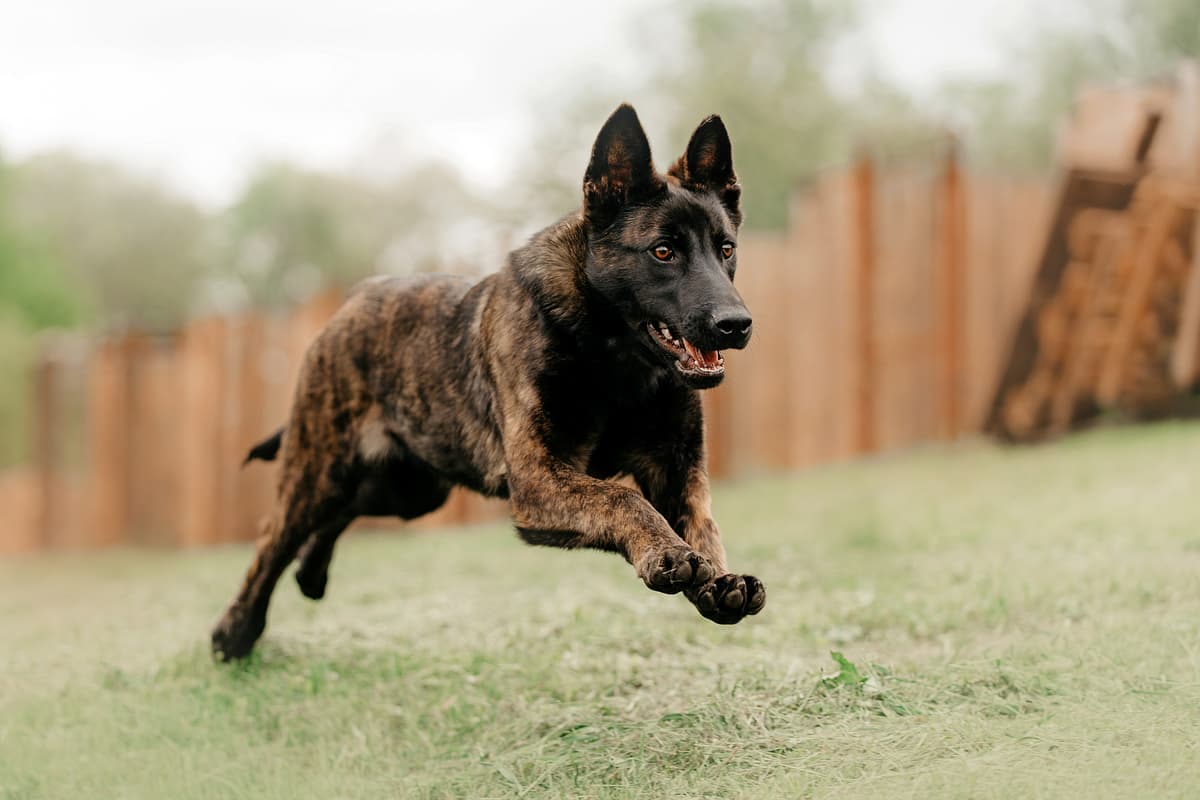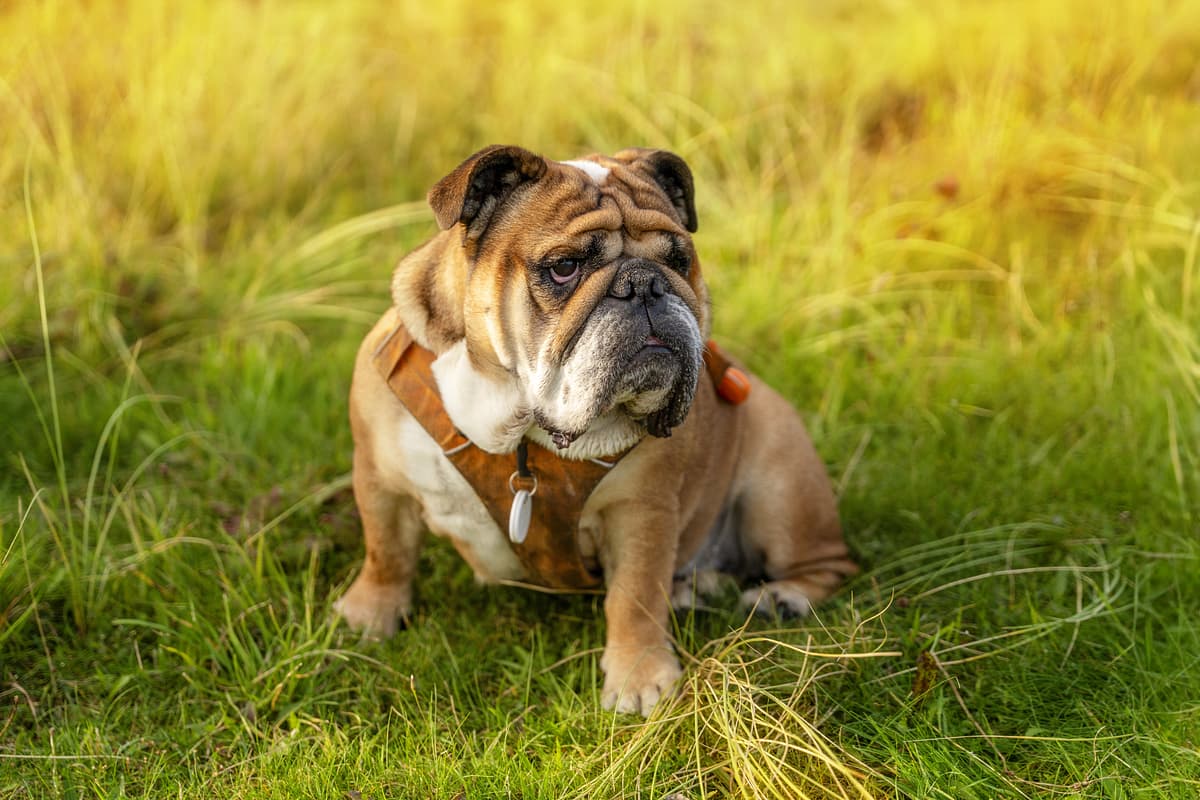Dutch Shepherd vs English Bulldog
Discover the differences between Dutch Shepherd and English Bulldog to make the best choice for your situation.
Try different breeds

Dutch Shepherd
Athletic, intelligent, and loyal, this breed thrives in active homes and excels at learning new tasks. Naturally protective, Dutch Shepherds make reliable companions and versatile working partners.

English Bulldog
Stocky, courageous, and affectionate, this breed charms with its wrinkled face and calm nature. Loyal and gentle, it thrives as a loving family companion.
Quick comparison
Medium
23–32 kg
Dense coat, weather-resistant
11–14 years
18–25 kg
High energy
Medium
23–25 kg
Short, smooth
8–10 years
18–23 kg
Low activity needs
Personality & behavior
Compare the personality traits and behavioral characteristics of both breeds.
Dutch Shepherd
Generally sociable with people and other dogs
Quick learner, excels in training sessions
High stamina, needs frequent physical activity
Enjoys games and interactive play
Adjusts well to various living situations
English Bulldog
Affectionate and gentle with family and children
Learns basic commands with some patience
Prefers lounging over vigorous physical activity
Enjoys play but tires fairly quickly
Adjusts well to most living environments
Care needs
Exercise, grooming, and daily care requirements
Dutch Shepherd
Hip dysplasia, inflammatory myopathy
English Bulldog
Brachycephalic syndrome, skin fold infections
Suitability
How well each breed fits different living situations and families
Dutch Shepherd
Challenging for beginners
Needs experienced handling and consistent training
Not ideal
High energy and exercise needs make small apartments less suitable
Perfect fit
Thrives with active owners who provide daily physical and mental stimulation
Good with training
Can do well with kids if socialized and supervised
Usually compatible
Accepts other pets if socialized from a young age
Prone to anxiety
Dislikes being left alone for extended periods
English Bulldog
Good option
Easygoing, low-maintenance nature suits owners with limited dog experience
Excellent fit
Moderate exercise needs and calm demeanor work well in small living spaces
Not ideal
Low stamina and breathing issues make them unsuited for high-activity lifestyles
Very suitable
Gentle, patient, and tolerant with young children when properly socialized
Usually compatible
Generally sociable but may need guidance with other pets, especially dogs
Not recommended
They struggle with long periods alone and are prone to separation anxiety
Breed strengths
What each breed excels at and their best qualities
Dutch Shepherd
- Highly intelligent and quick to learn
- Strong work ethic and drive
- Loyal and protective with family
- Athletic and agile for various activities
- Adaptable to different environments
English Bulldog
- Affectionate with family members
- Generally good with children
- Low exercise requirements
- Minimal grooming needs
- Adaptable to apartment living
Challenges & considerations
Potential challenges and considerations for each breed
Dutch Shepherd
- Needs extensive daily physical exercise
- Can be reserved with strangers
- High prey drive may affect small pets
- Prone to boredom without mental stimulation
- Requires consistent training and socialization
English Bulldog
- Prone to respiratory problems
- High risk of overheating
- Susceptible to skin infections
- Can be stubborn during training
- Tends to drool frequently
Ready to choose your perfect breed?
Learn more about each breed or compare other breeds to find the perfect match for your lifestyle.
Discover more helpful tools
Make use of our other free tools to get the most out of your pet experience
